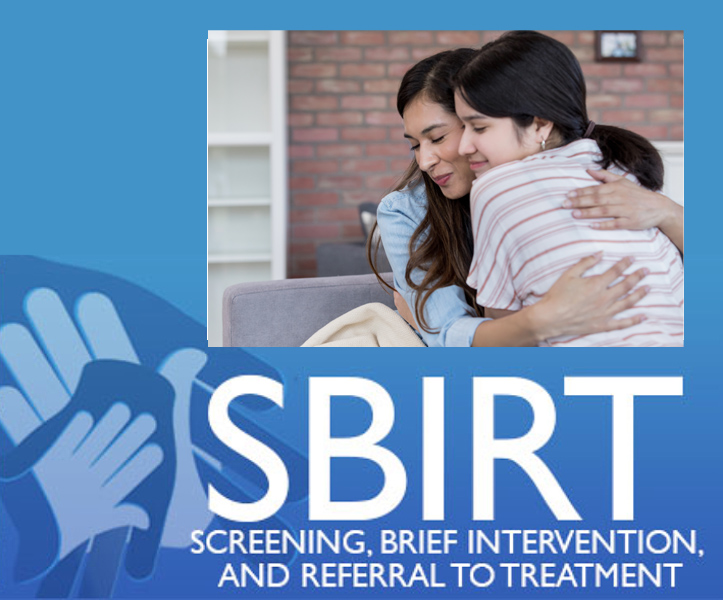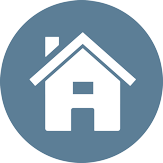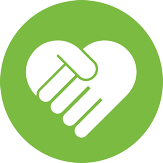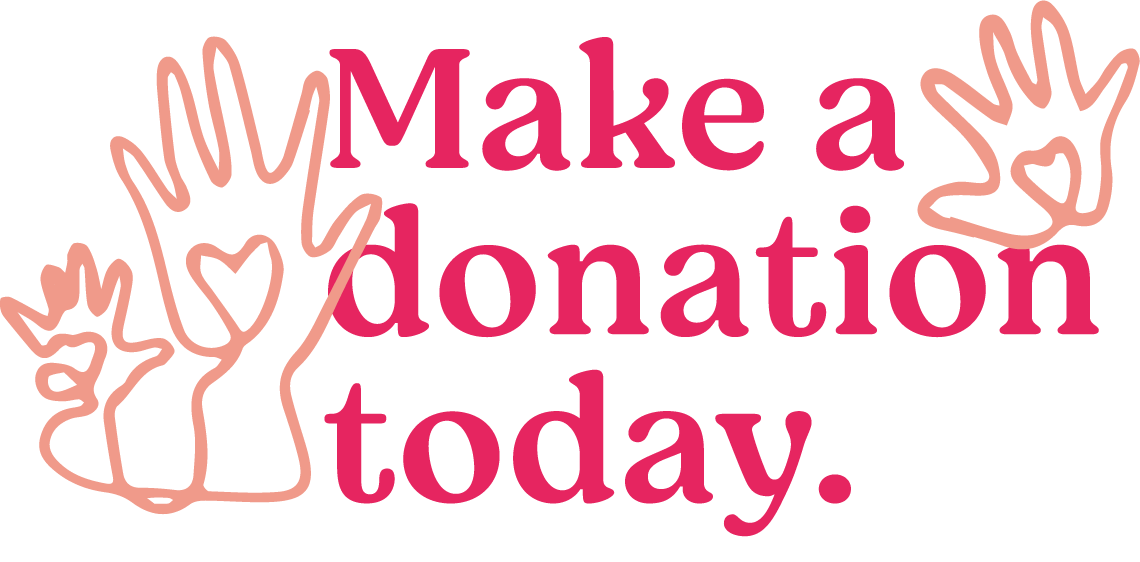There are many factors that explain why some individuals are more naturally drawn to using drugs or alcohol, including genetics, a chaotic home environment, peer influences, and mental health disorders. Some of the warning signs of a substance use disorder include:
- Increased aggression or irritability
- Poor physical coordination
- Abrupt weight changes
- Problems sleeping or sleeping too much
If you are unsure if you are or someone you know is affected by a substance use disorder, there is help available through the Screening, Brief Intervention, Referral to Treatment (SBIRT) screening tool. SBIRT is a comprehensive, integrated, public health approach to the delivery of early intervention and treatment services for persons with substance use disorders, as well as those who are at risk of developing these disorders. People typically think using substances is not a problem and may not notice the level of risk until they have completed the SBIRT screening tool.
To find out if you have a substance use disorder, or are at risk of developing one, you can visit the SBIRT screening tool or contact Heartland Family Service at (712) 322-1407 to schedule an evaluation at our H. Lee Gendler Center.
Who Should Be Screened?
You should be screened if you live in a community setting that provides opportunity for early intervention, such as a shelter or an unstable home environment. An individual would use this tool to determine the extent of their substance use, as well as the stage in which they currently fall. If your SBIRT screening tool comes back as positive and has results of “Harmful or Dependent,” this will require action, such as referral to an organization, like Heartland Family Service, that provides substance use treatment.
If your screening comes back as negative, you will not need to be referred to treatment or intervention.
For more information, contact Morgan Kontz, Program Coordinator of State Opioid Response and SBIRT, at (712) 325-5659.












